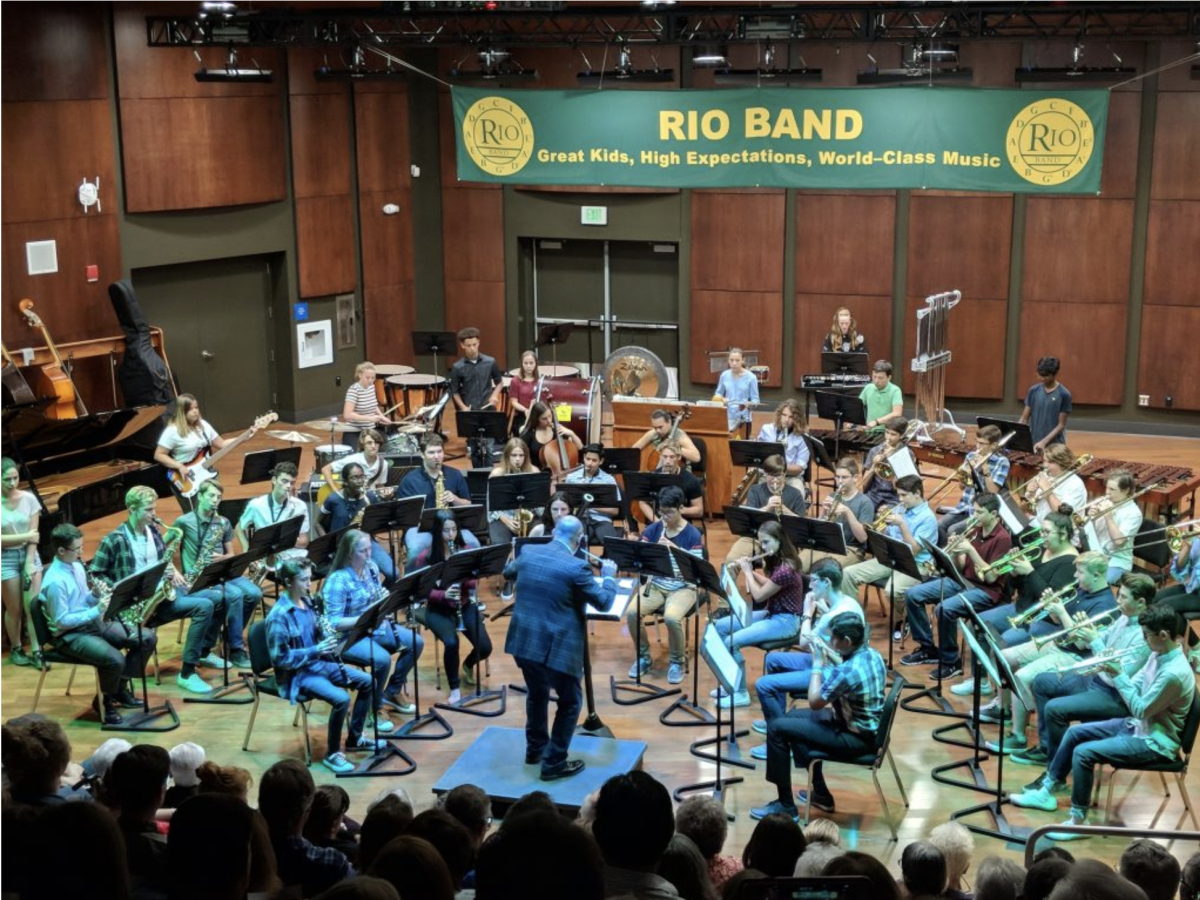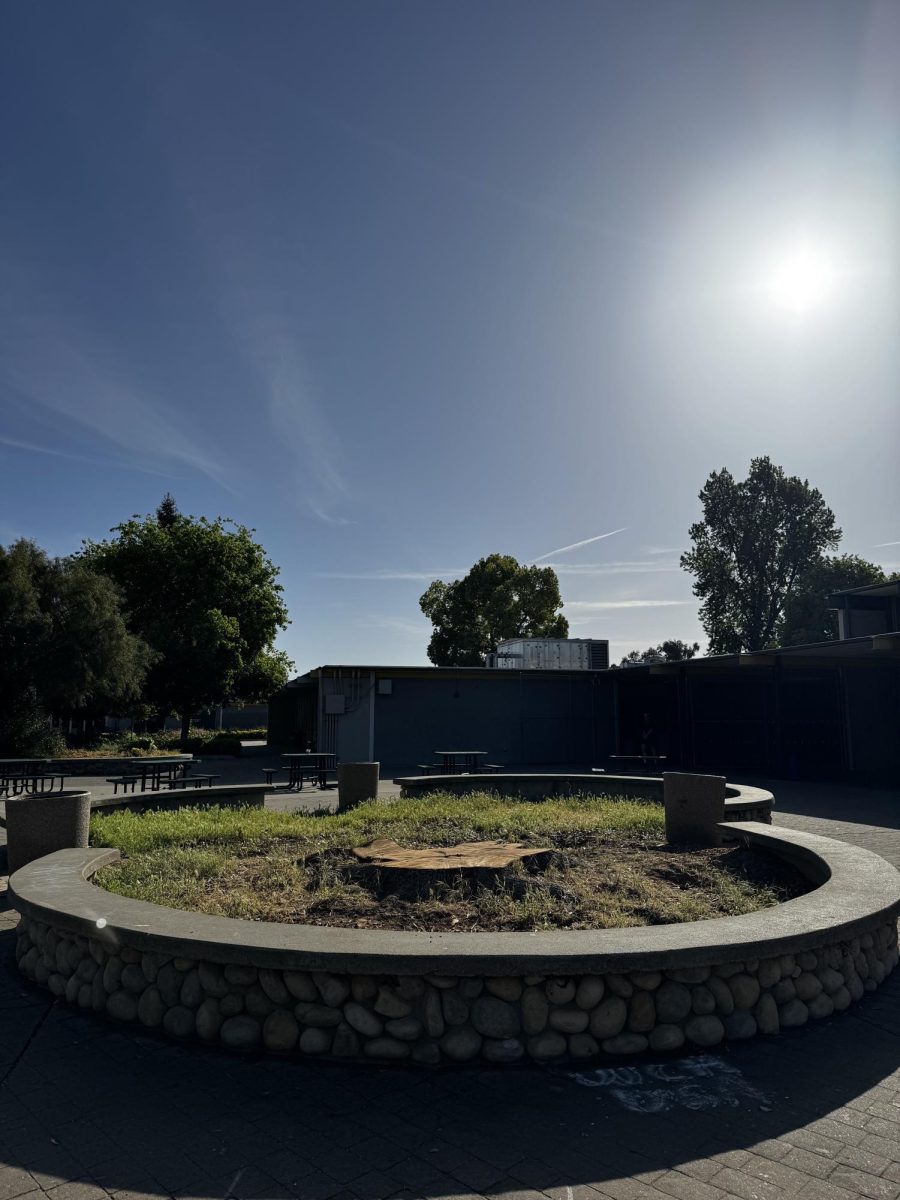“We came to save our lives,” senior Najal Haidari said.
Afghanistan, the country that was once home to students like Haidari, became the place that threatened their existence. Left with no other choice, Haidari and her family abandoned their home and immigrated to the United States almost five years ago.
This past summer, thousands more Afghanis fled their country after US troops pulled out and the country fell to the Taliban.
Almost 200 refugees now attend Rio, many of them arriving after the school year began, weeks after leaving their homes and speaking almost no English.
Life in Kabul
For the first 13 years of her life, Kabul was home to Haidari. There, she filled her days with school and time with family, including picnics and soccer games with her cousins.
“My favorite memory was when all of the family, my cousins, my aunts and uncles, my grandfather, and my grandmother, we’d all get together and have a picnic and have some fun. Here I don’t have that, like my whole family,” she said.
Despite the good memories, the city had become too war-torn for her family to remain there safely. “When I was in Kabul [there were] a lot of explosions and stuff. It’s kind of difficult to leave there, but we came to save our lives.”
Other students faced the same struggle. Senior Husnulmobarak Watan Dost explains the danger he and his family faced on a day-to-day basis.
“In Afghanistan, I was in a cutthroat city, Kabul,” he said. “I came from there because it wasn’t safe, there were terrorist people, explosions, and it was not safe basically.”
Adjusting to new life
Though America held a promise of opportunities for Haidari and her family, it still came as a shock to them in terms of culture and customs.
“The Afghani culture and American culture is really different, so when we came here a lot of things changed in our lives,” Haidari said. “We needed support so we could be comfortable here, so it took some time.”
Haidari is pleased that she could teach other students about her customs, such as wearing a hijab or celebrating Eid to mark the end of Ramadan fasting.
Though Haidari has adjusted to her American life, Afghanistan still remains home in her heart. “If there was peace and [I could] have a better life, Afghanistan was better because that’s the place that I was born,” she said. “But in here it’s good because we have rights and freedom and a lot of good stuff.”
Support from Community
Students immigrating to America from Afghanistan receive a good amount of support from both the school and the district. English Language Development classes, taught by Kendyl Gilmore and Sarah Ruano, are designed to help students learn English.
“Most of our students were born in another country and are either here as refugees or immigrants,” Gilmore said. “So my job and Ms. Ruanos’ job is to get them up to speed on their English. It’s teaching them letters in English, how to read and write, all of that, so that they can participate in their core classes.”
At the district level, they are working on supporting the new students through Newcomer/Refugee programs, a team that is composed of people who specialize in common Afghanistan languages like Dari, Pashto, and Farsi and help students adapt to the culture of their new school. The team also assists with emotional, social, and cultural issues that new students may encounter.
Current Situation
Though separated from the country by over 7,000 miles, the current situation hits close to home for many students. The Taliban have regained control of the country, further isolating them from their family members and further deteriorating the rights of those that reside in the country. As the Taliban has gone back on promises to respect human rights–especially regarding educating girls–foreign aid for the country has slowed drastically.
“I really feel bad for Afghanistan,” Haidari said. “A lot of people that I know is there and they’re trying to escape the danger and move to another country but they can’t. My grandma, I miss her. In Kabul there’s a lot of people that are starving, they don’t have work and the situation that’s in Afghanistan, it’s so difficult for them.”
Coming to America
After her family made the decision to leave their home and family in Afghanistan in 2017, they had to find a way to America. Haidari’s dad took the initiative on this step of the process and began working with a US company to get their visas.
“We came here to have a better education, have our freedom, and in Afghanistan, we would not have the same rights as we have in here, like education, we can have a job [here],” Haidari said.
After two years of logistics and planning, she and her family finally arrived in America, where they had the freedom to pursue a lifestyle that had seemed unattainable in Kabul.
“The first time that I got here, everything was new for me,” she said. “When people would talk, I’d be like, ‘What are you talking about?’ because I didn’t speak English. It’s not bad now, it’s pretty good. I know what I should do, and I know about the culture.”
She completed her middle school education at Sierra Oaks and then attended Rio Americano for high school.

































